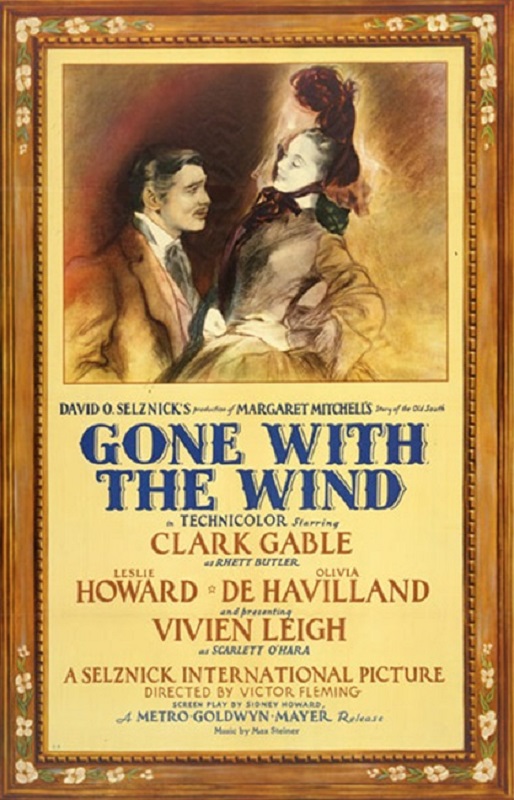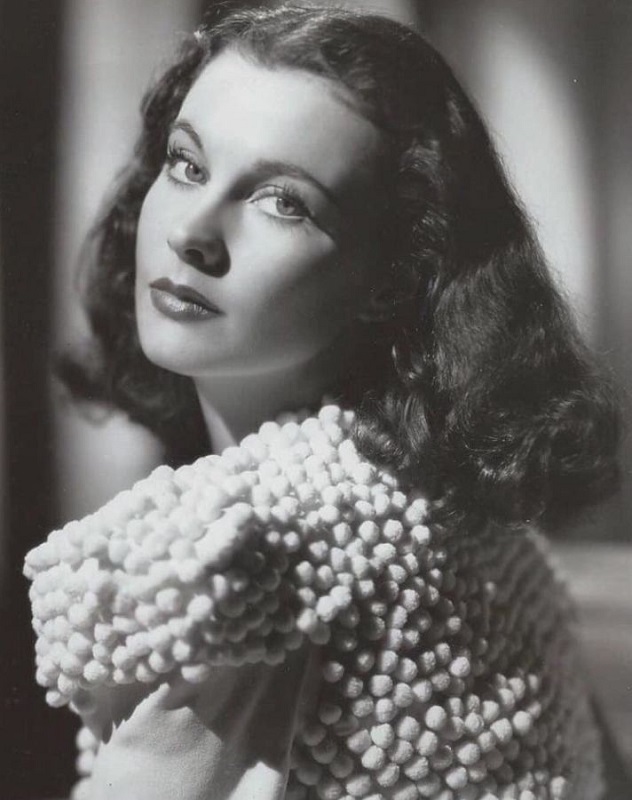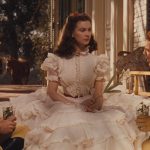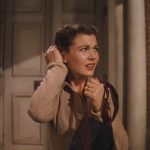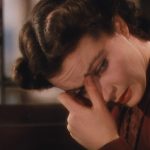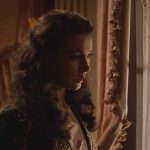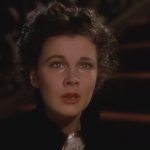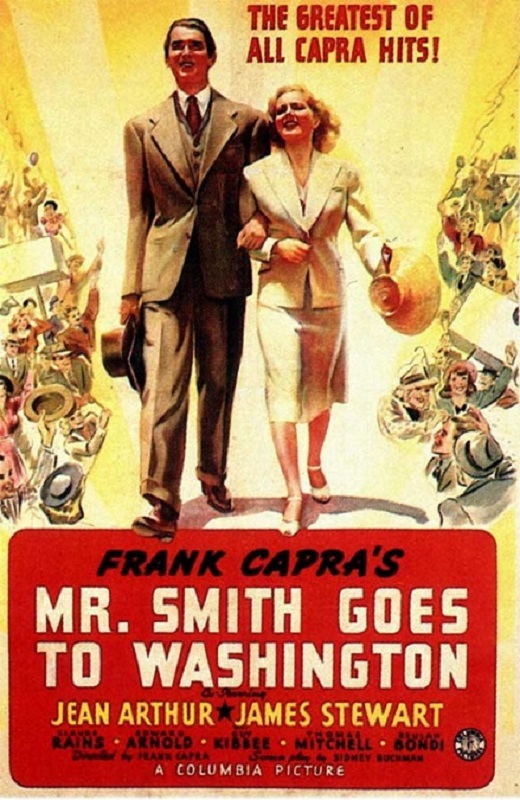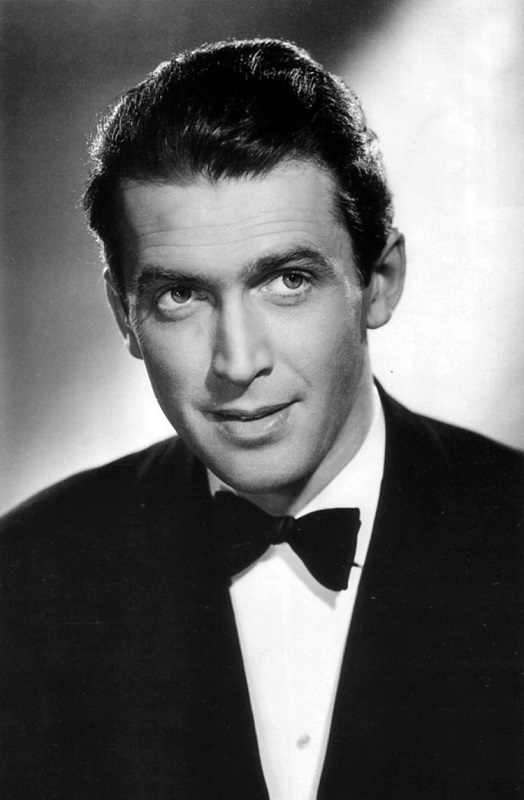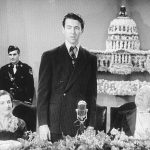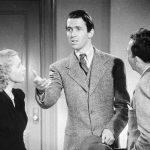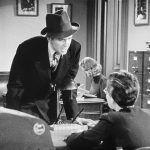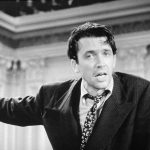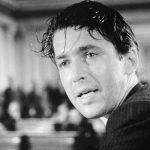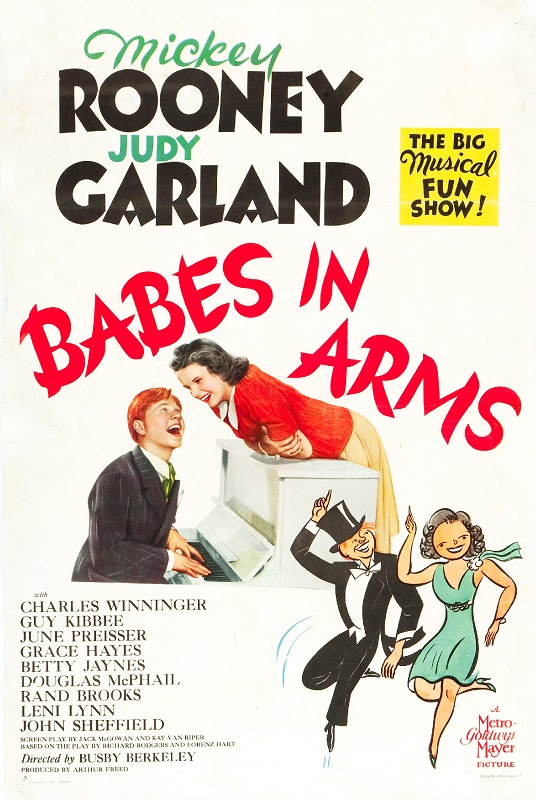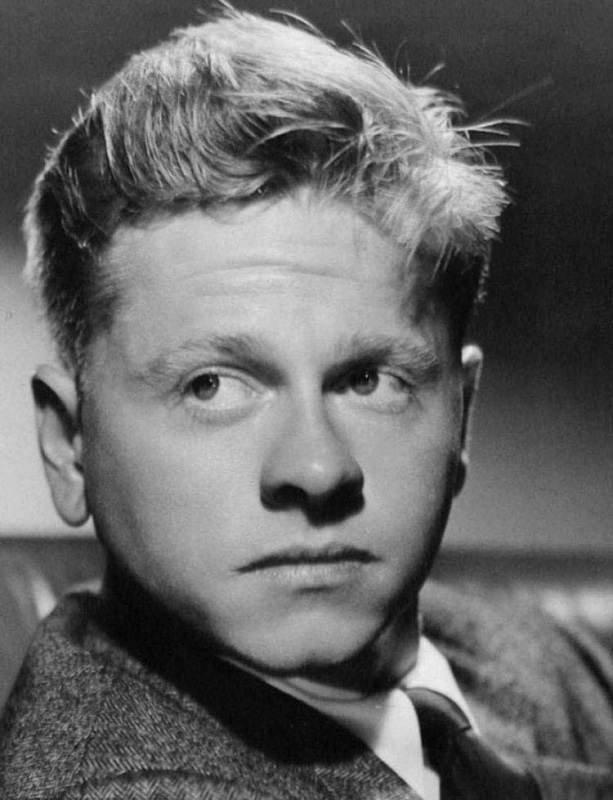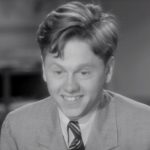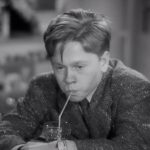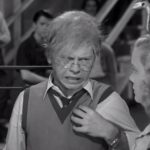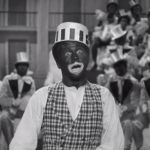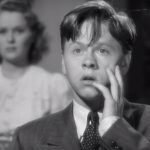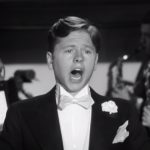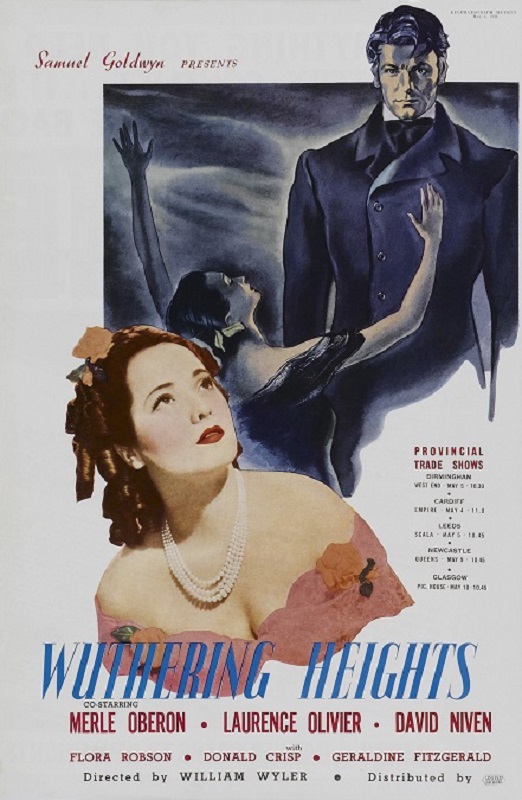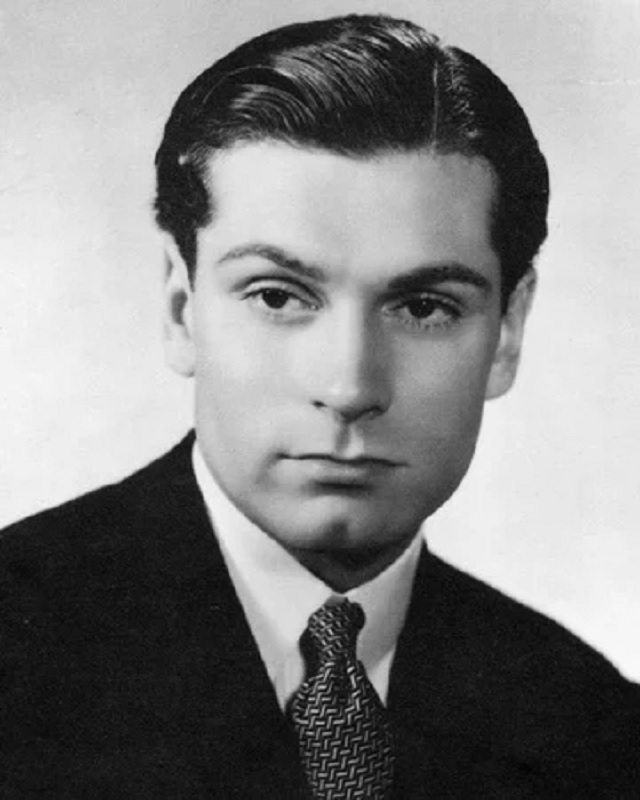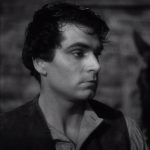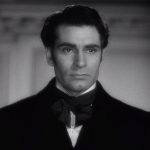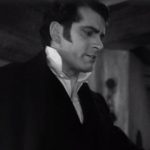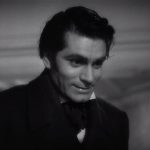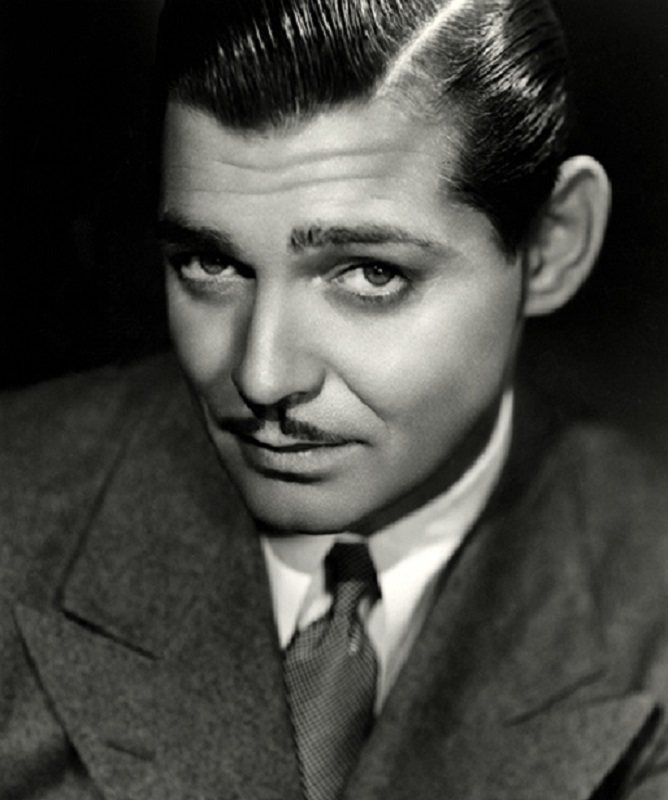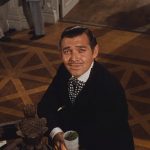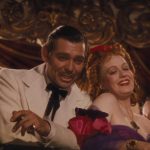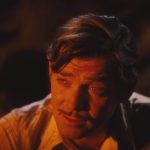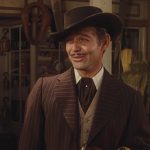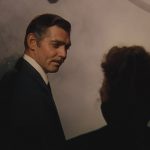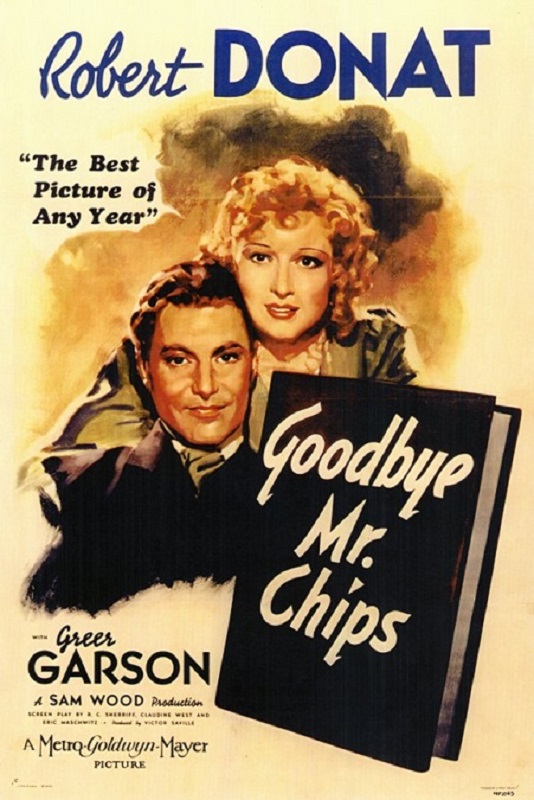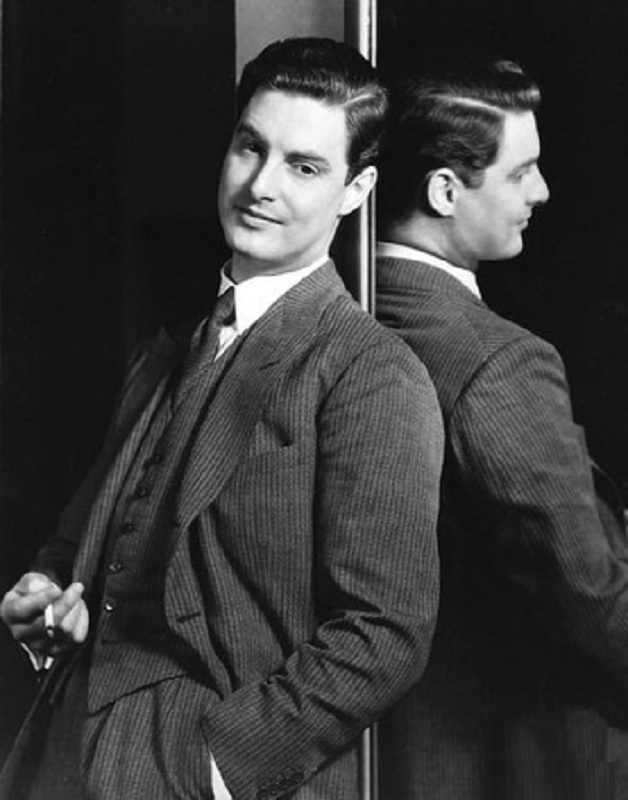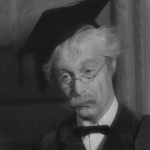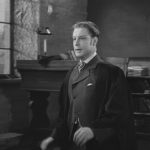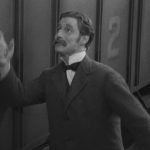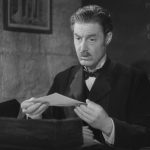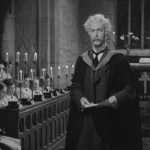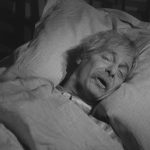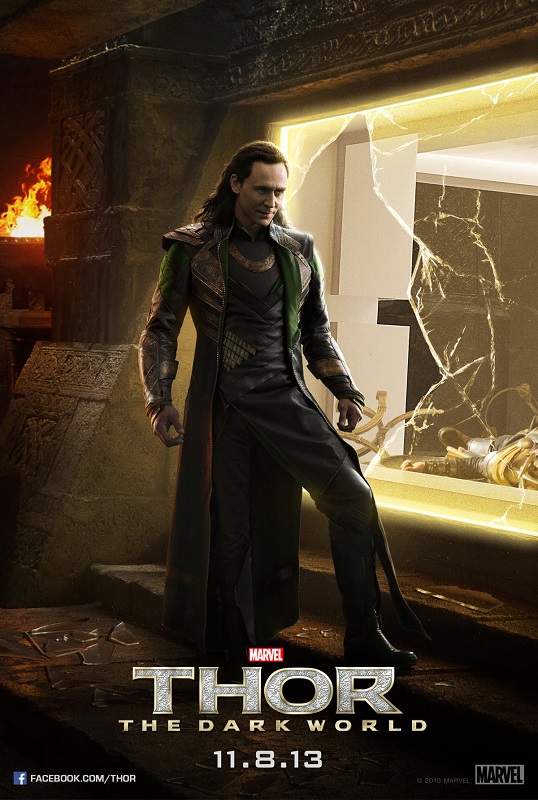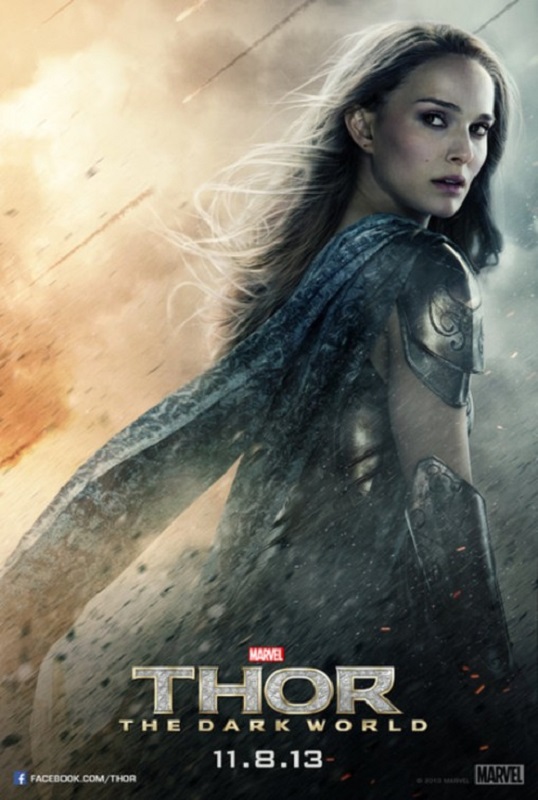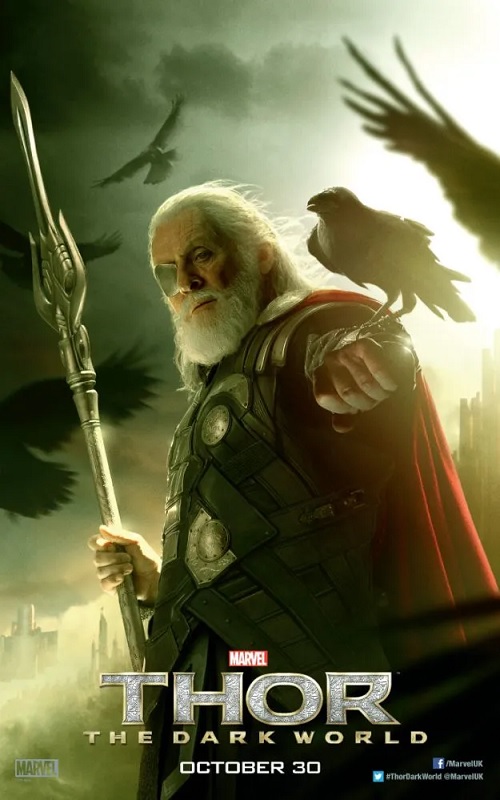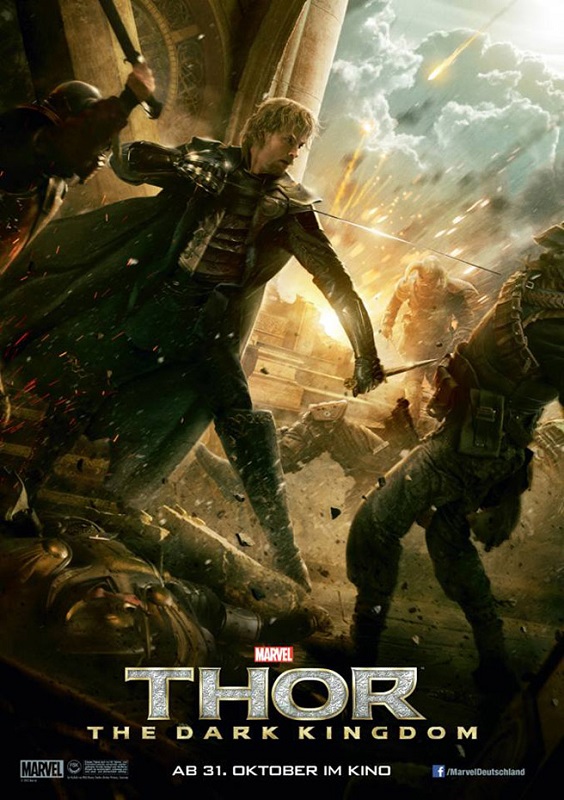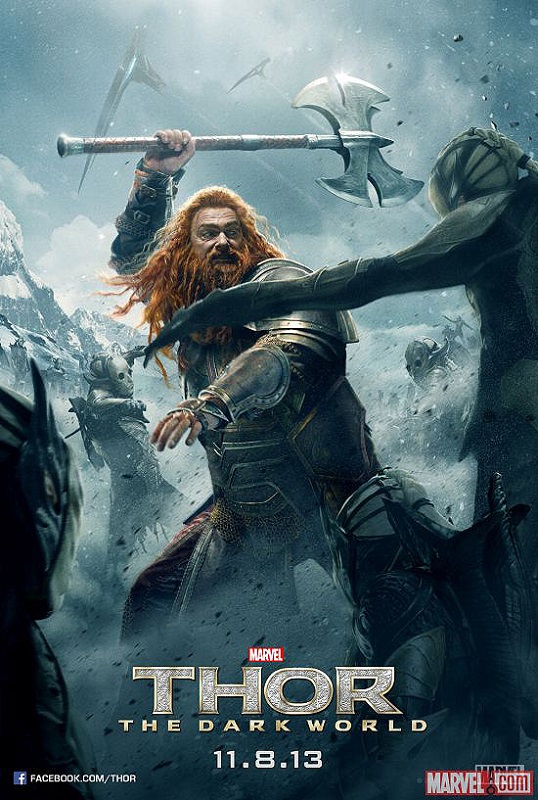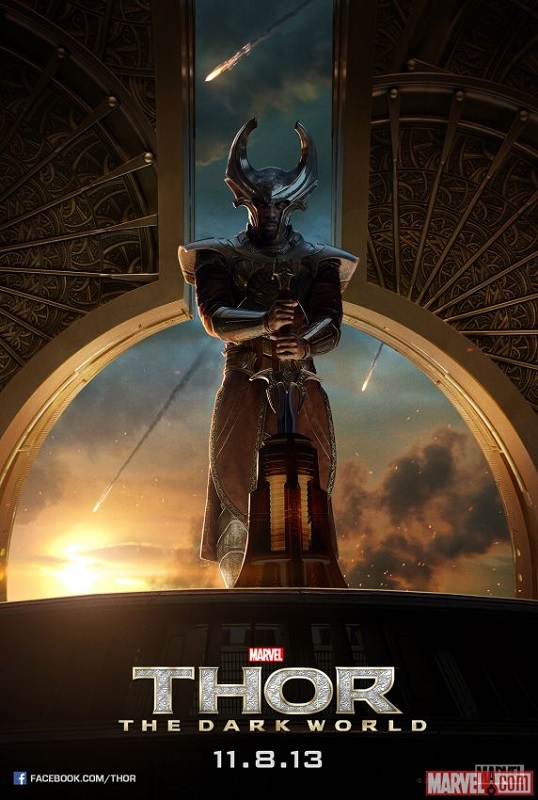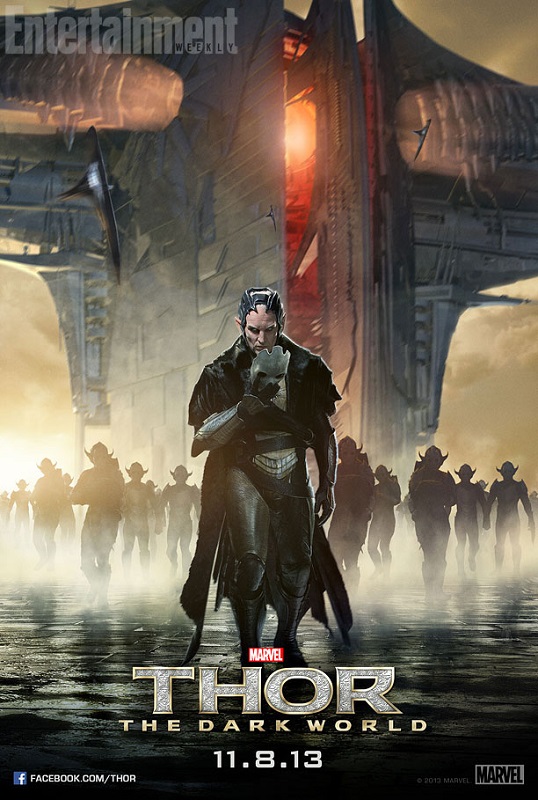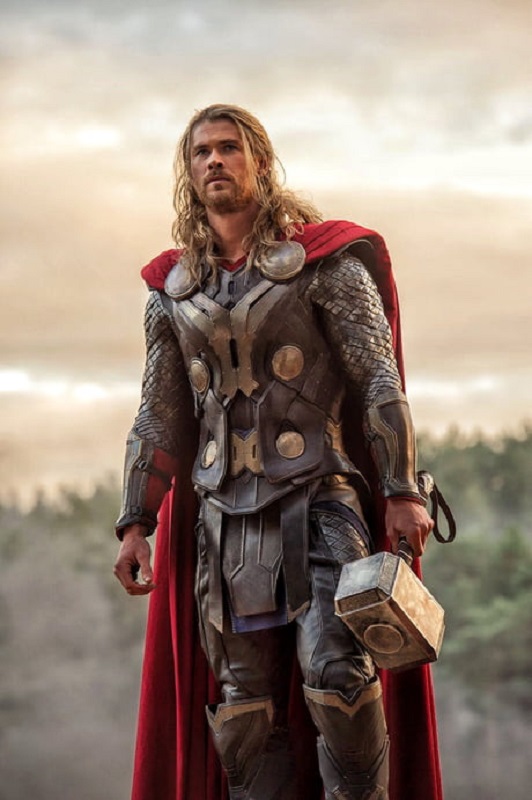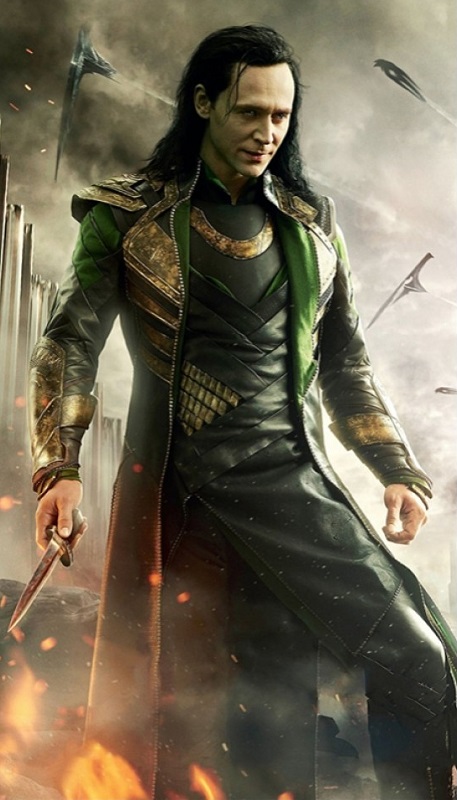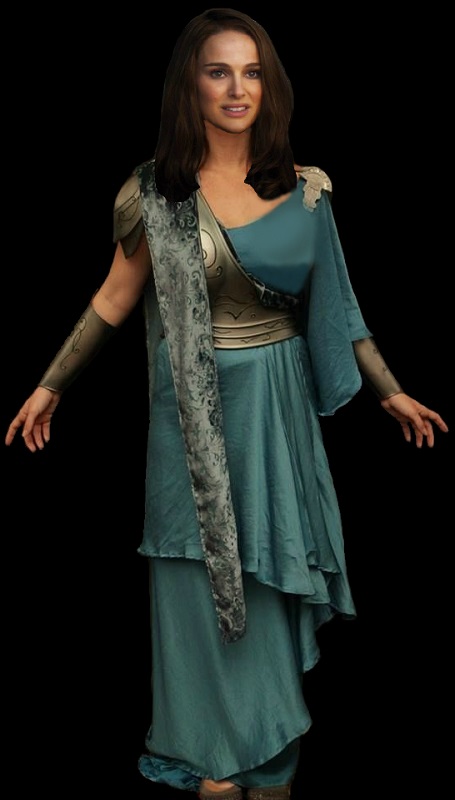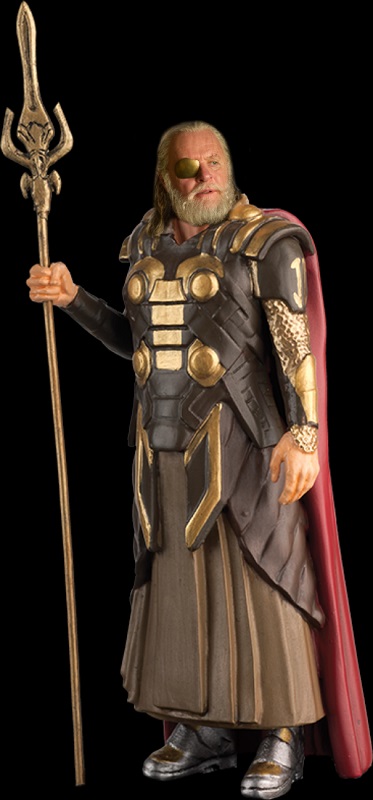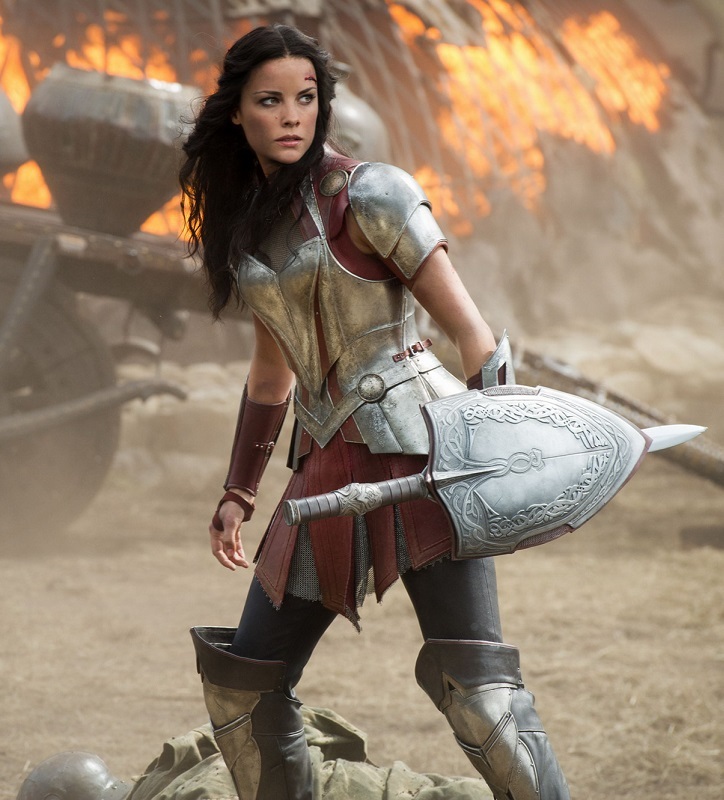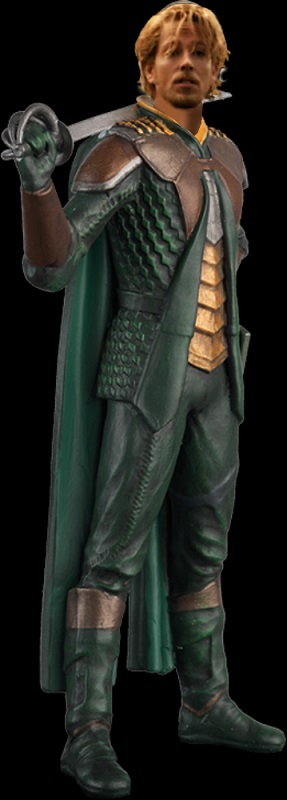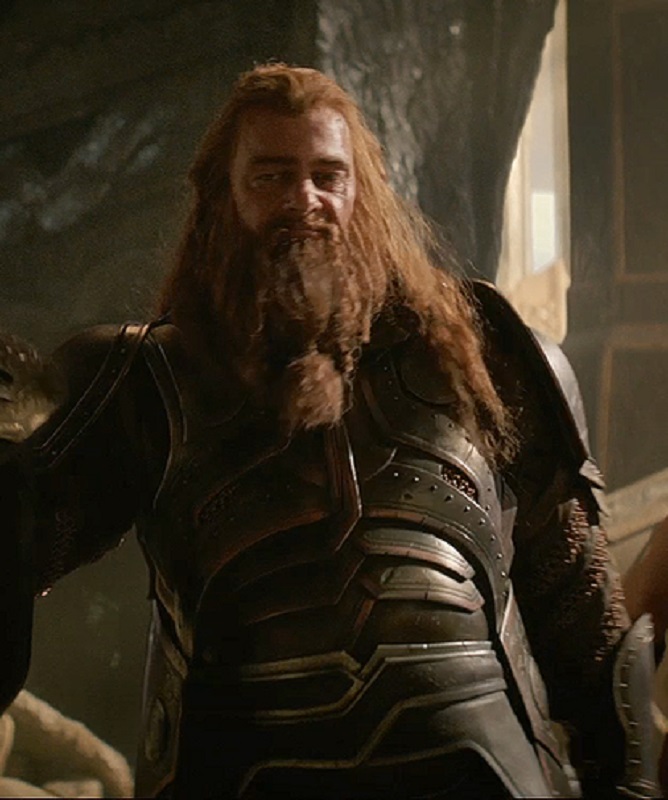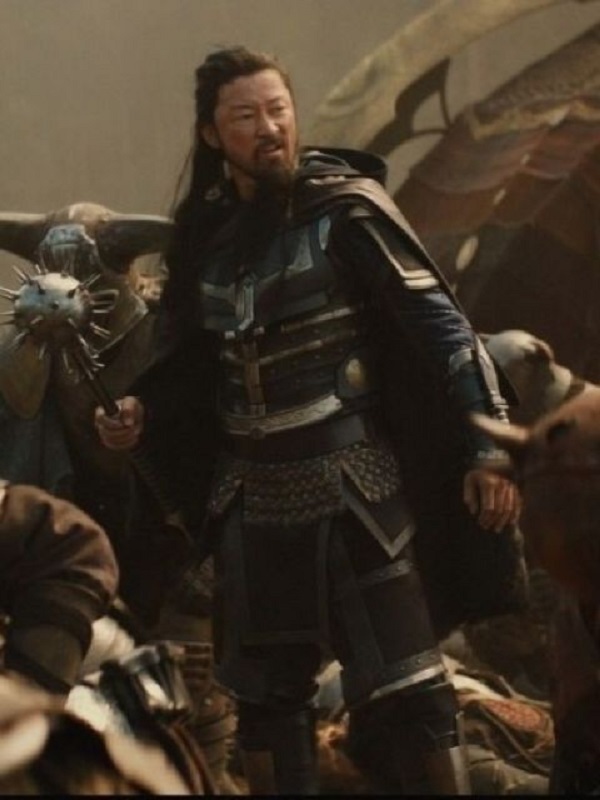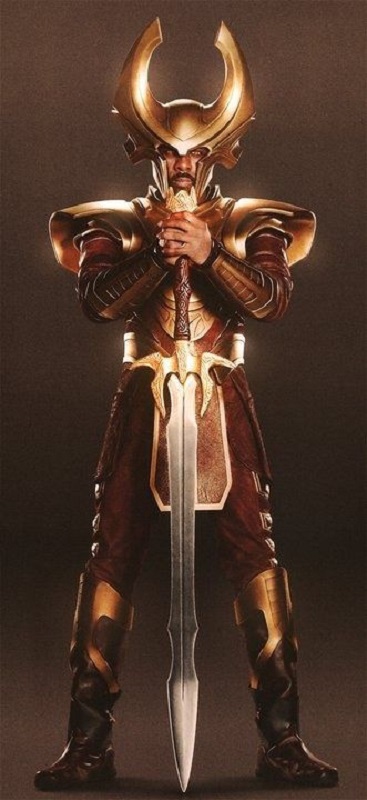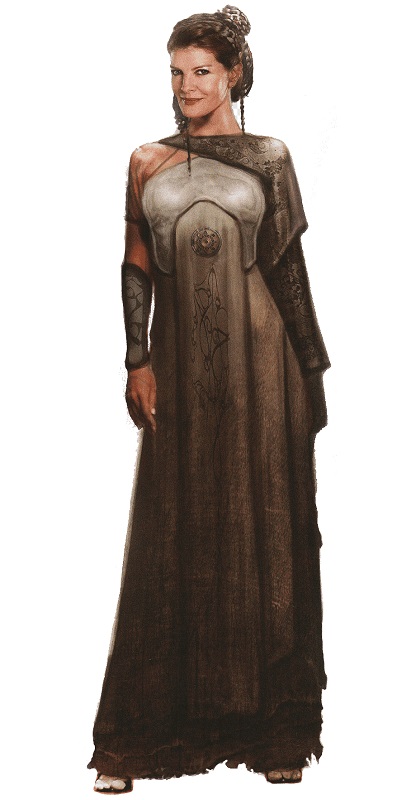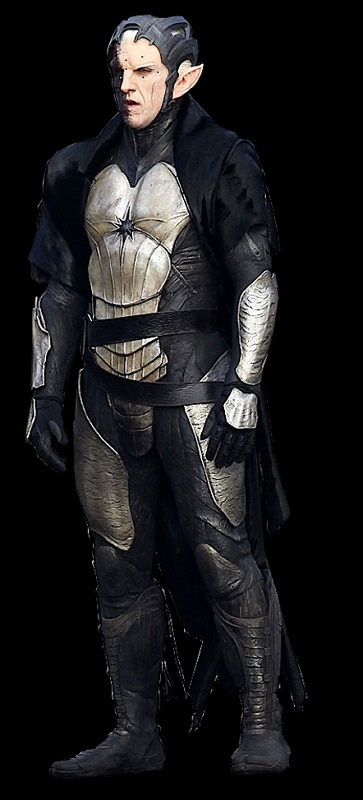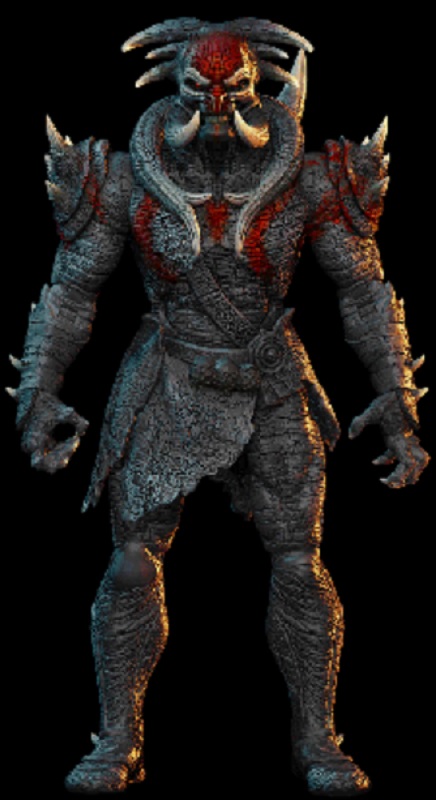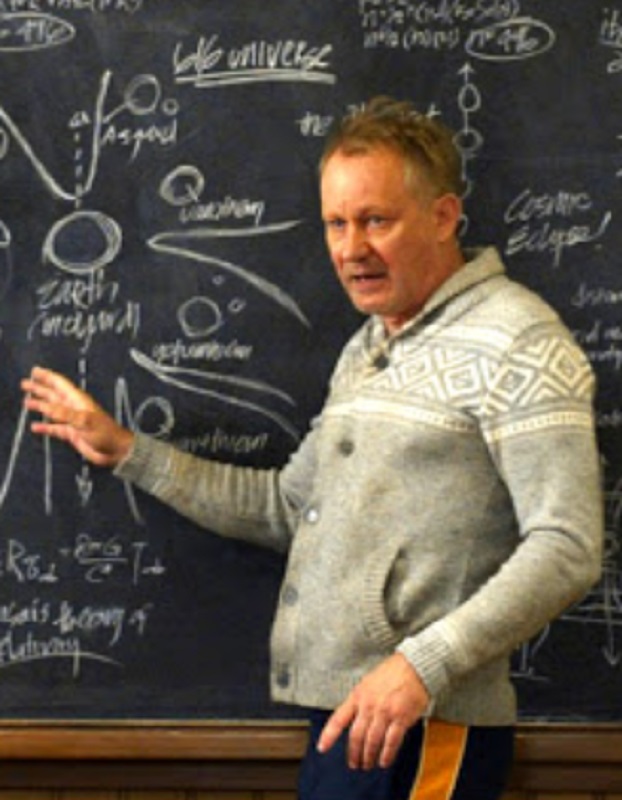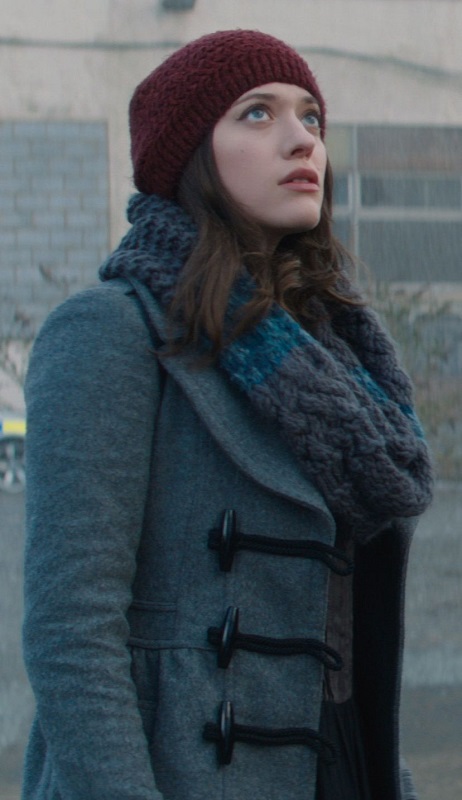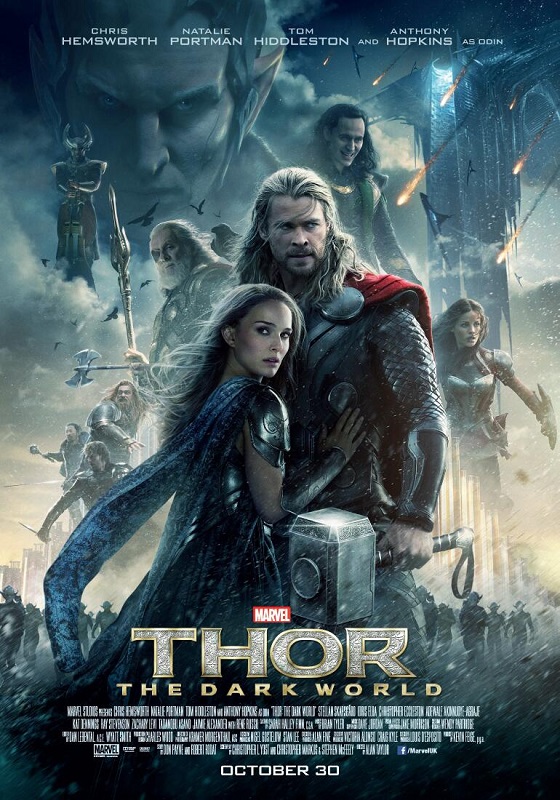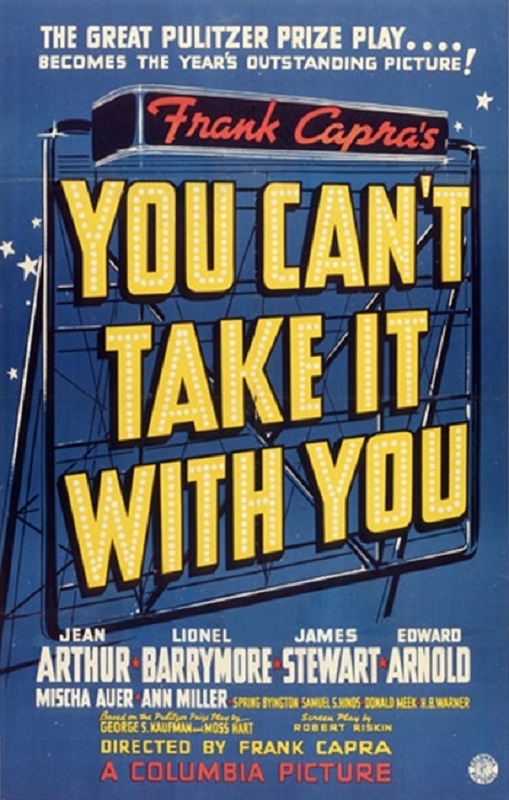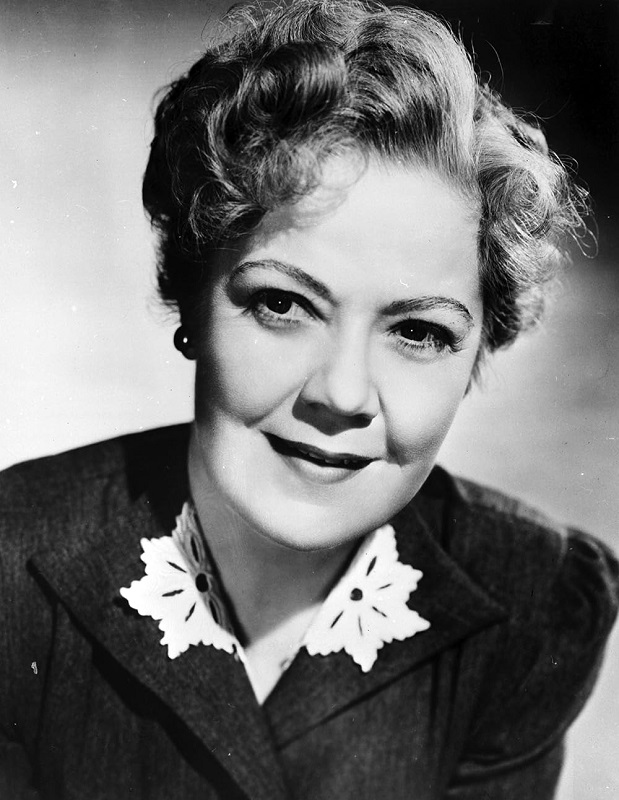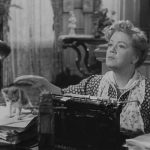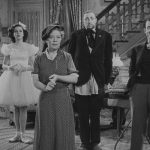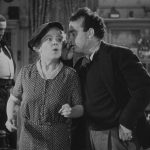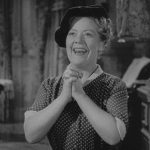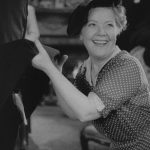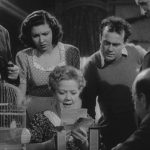Cast Images
Character Posters
08 – Thor: The Dark World
This movie is sometimes considered the black sheep of the early MCU films. And I’ll admit, it isn’t as good as the other Thor movies, or as good as Iron Man or Captain America. But it was still a good movie. I mean, that’s like saying The Dark World wasn’t a 10 like some of those other movies. Yeah, but it was still a solid 8, and that’s pretty good. So I did a little reading to try to figure out why people seem to regard this one as inferior to most of the other films in the franchise. And there were three things that were brought to my attention. I’ll just go over them quickly to get them out of the way.
First, the main villain, Malekith, played by Christopher Eccleston, was a pretty lack-luster, bad-guy. He was pretty cookie-cutter and unremarkable, just a warm body for Thor to beat up. He had an uninteresting back story, a bit of a dull look, and luke-warm motivations. Second, the questionable romance between Thor and Jane Foster, played by Natalie Portman, didn’t develop at all. It started in an awkward place at the beginning of the movie, and ended the same way when the credits began to roll. And finally, the main character, Thor himself, had no real sense of self-identity or purpose. He spent the movie trying to discover who he was and what he was about. This translated into how Chris Hemsworth played the character, and it showed.
But if you ask me, the good in the movie far outweighed the bad. The action sequences were top-notch. The great cast reprised the iconic rolls we remember from the first Thor movie and the Avengers, and even though the story was a little weak, it did a good job of setting them all up for their future parts in the great MCU tapestry. Sometimes you have to have a movie that is part story and part set-up, if you want to have a successful franchise. Not to mention, it did a fair job of furthering the MCU spanning story-line of the infinity stones.
My favorite part of the movie was Thor, himself, as he was supposed to be. But coming in at a close second was Loki, played by Tom Hiddleston. He was really the character with the most development in this movie, and it is part of why we have grown to love him as much as we do. He has just as much personality as Hemsworth, and he knows how to use it. Not only that, but the two actors have a great chemistry together. They may not be brothers in real life, but you wouldn’t know it when they are sharing the screen.
Then there was Jane Foster and her circle, Darcy, played by Kat Dennings, and Erik Selvig, played by Stellan Skarsgard. It was interesting what happened to Selvig’s character, in particular. Because of how his mind was really messed up by Loki in The Avengers, he went a little crazy and wound up in a mental institution. Darcy was annoying, as usual, but then again, she was supposed to be. But another supporting character who was introduced was Richard played by Chris O’Dowd, Jane’s date at the beginning of the movie. Honestly, he was charming and adorable. And we had all the Asgardians reprising their rolls… all except one. The actor playing Fandral changed from Joshua Dallas to Zachary Levi, the reason for the change being that Dallas had commitments on the TV show Once Upon a Time.
The climax of the movie was particularly thrilling as Thor and Malekith battle each other, falling back and forth between different planets. And while that is happening, Jane and her friends use their scientific equipment to transport Malekith to Svartalfheim, where he is crushed by his own ship. The battle was pretty epic, just like we have come to expect from a Marvel film. It was exciting to watch. So it wasn’t as good as The Avengers. So what? It was still good in its own right, and it did its job of furthering the Infinity Saga, and setting up the characters of Thor and Loki for what was coming in the future. Haters say this movie sucked, but they’re wrong. It was still a great watch. Like I said, it wasn’t a 10, but hey, it was still an 8!
Top 10 Favorite Parts
- Jane’s date with Richard.
- Darcy shows Jane the inter-dimentional portal in the abandoned building.
- Jane meets Odin and he tells the history of the Aether.
- The Dark Elves attack Asgard and bad-ass Heimdall takes down one of their ships.
- Frigga’s death scene and funeral.
- Thor and Loki escape from Asgard. Great banter.
- Thor and Loki’s ruse to get the Aether out of Jane and destroy it.
- Thor hangs his hammer on Jane’s coat rack.
- Thor’s climactic battle with Malekith.
- Thor tells his father / Loki that he isn’t ready to be King.
